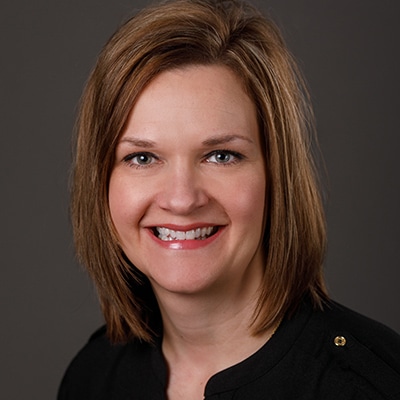
March is Development Disabilities Awareness Month, a time recognized as raising awareness about inclusion of individuals with developmental disabilities in all areas of life, while also promoting respect for anyone with intellectual and developmental disabilities.
This month is also a chance to provide understanding, encouragement and opportunities to help anyone with intellectual and developmental disabilities lead productive and fulfilling lives. The Centers for Disease Control and Prevention (CDC) states that about one in six U.S. children, between 3 and 17, have developmental disabilities.
Some of these disabilities include:
- Autism spectrum disorders
- Attention-deficit disorders
- Intellectual disabilities
- Speech, language and learning disorders
- Genetic disorders
All these developmental disabilities can contribute to making individuals with developmental disabilities have a harder time trying to integrate into society. They may feel that their disability is a barrier, however, each of them can live a meaningful life and make a positive difference in those surrounding them.
People with developmental disabilities may face harder barriers when trying to achieve goals or even function daily. These barriers can limit them, however, they can work with those around them to help break through these common barriers and reach their full potential. Some barriers include:
- Attitudinal
- Communication
- Physical
- Policy
- Programmatic
- Social
- Transportation
Every March, the National Association of Councils on Developmental Disabilities (NACDD) launches a campaign that highlights the hard work being done to improve the lives of people with developmental disabilities. You can help either spread awareness or encourage others to share their stories on social media using #DDAwareness21 throughout March.
In addition to spreading awareness all month, UofL Health – Peace Hospital treats children and adolescents diagnosed with a variety of developmental disabilities some of which include intellectual disabilities, autism spectrum disorder, speech and language disorders, genetic disorders as well as fetal alcohol and drug-related syndromes. Our goal is to teach these individuals the skills they need to live and function as independently as possible. We offer training, support and advice to parents and caregivers to assist their child in learning new ways of interacting with the world and empower them to advocate for the supports and services their child needs. Parents should never be afraid to ask for help.
Peace Hospital offers no charge 24/7 level-of-care assessments. Walk-ins are welcome so please contact our Assessment and Referral Center at 502-451-3333 (Louisville area)/ 859-313-3515 (Lexington/eastern area) or visit https://UofLHealth.org/Locations/Peace-Hospital/ for more information.









